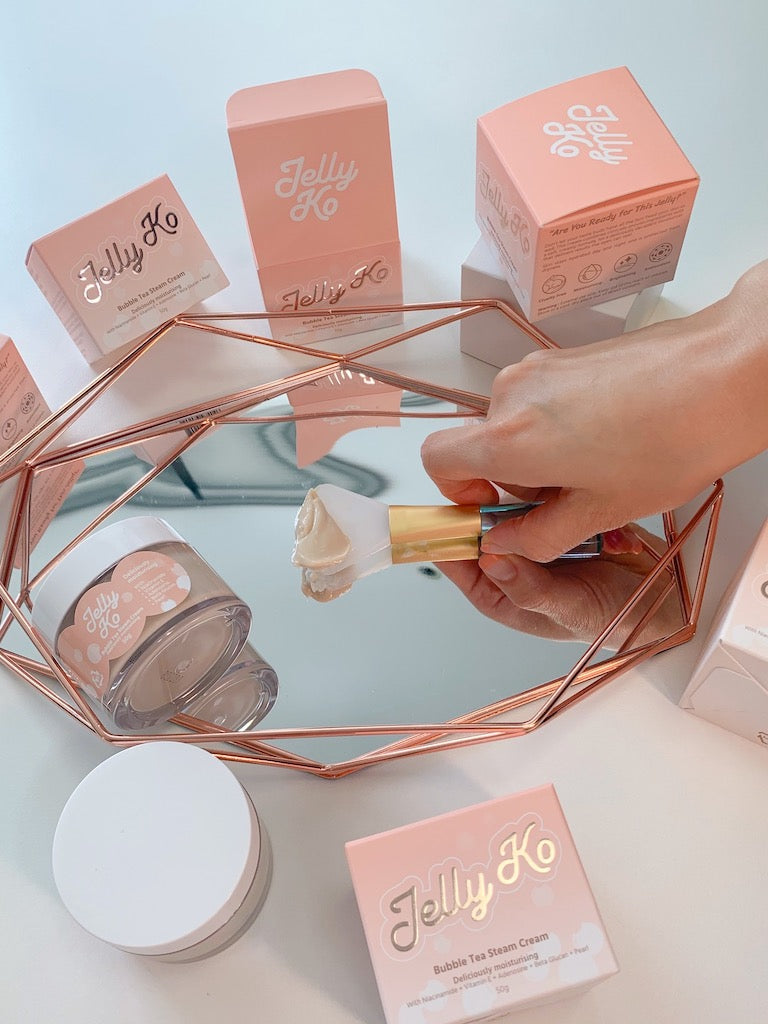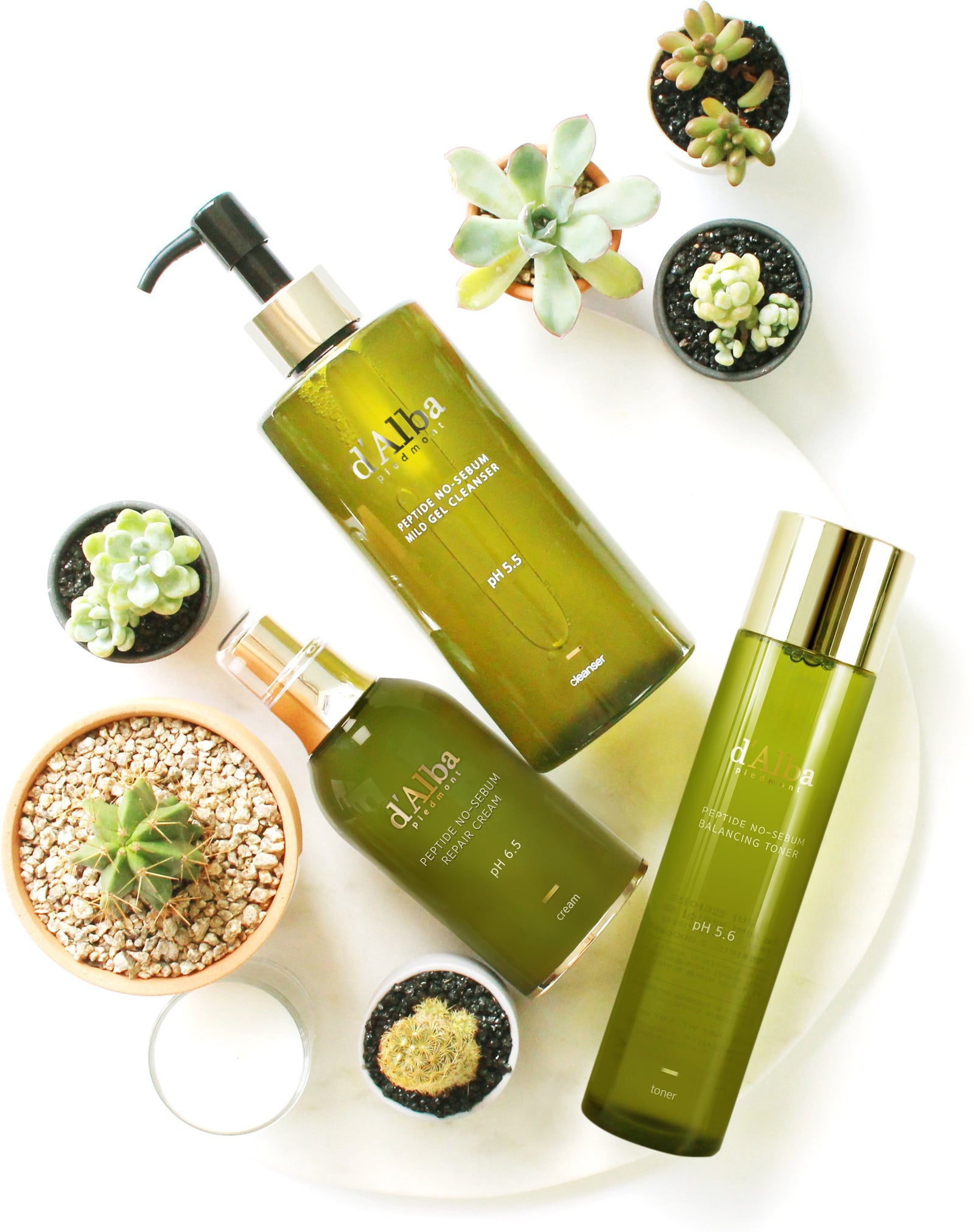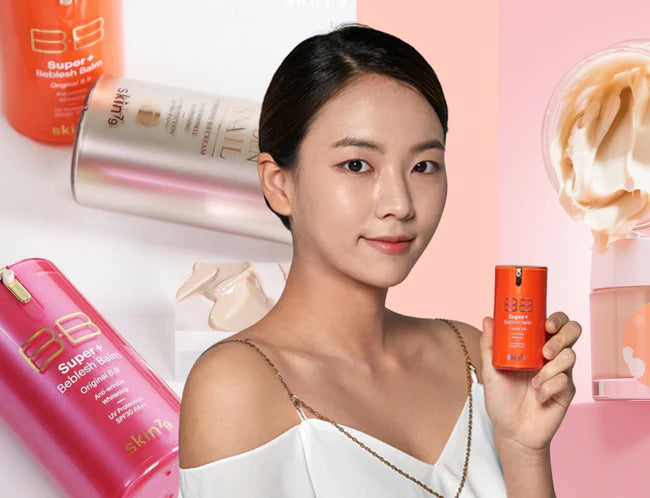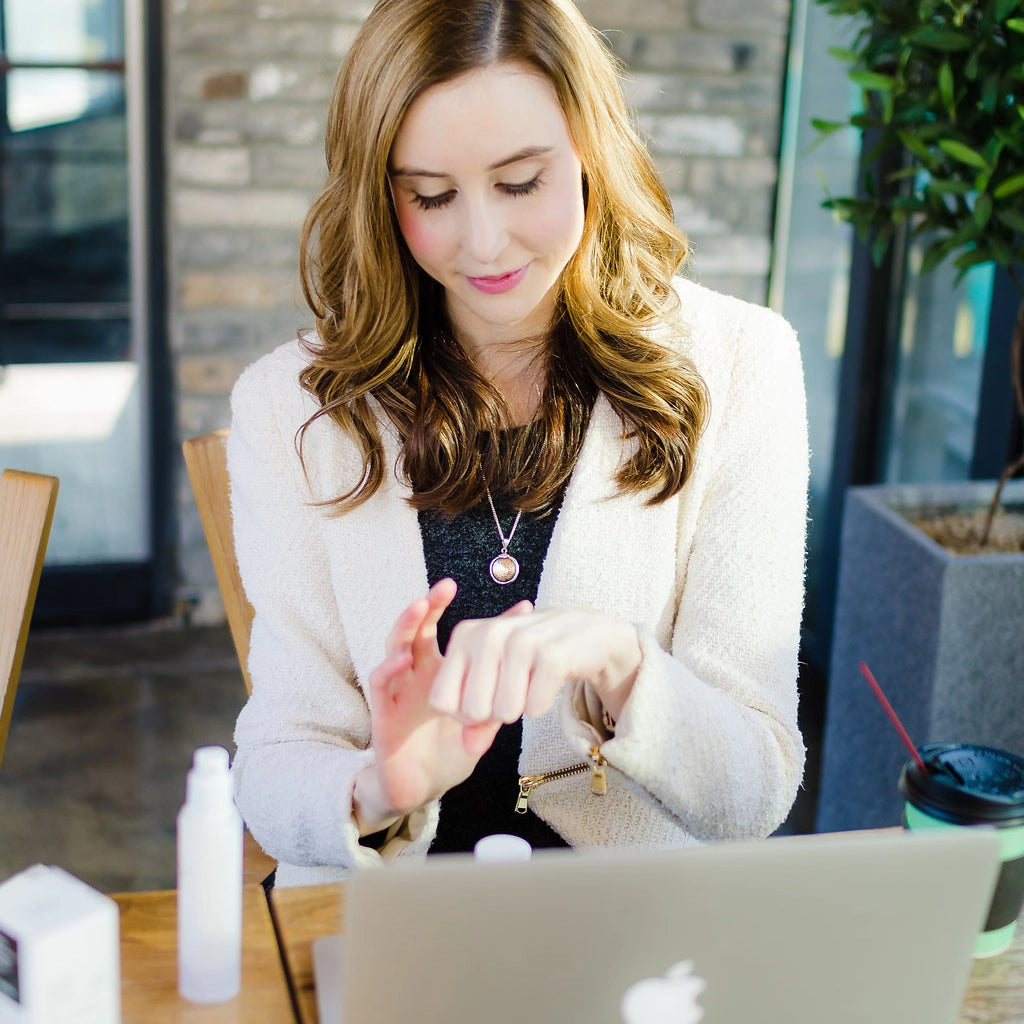The Korean Beauty Show 🎧 Your K-Beauty audio library starts here →
Menu
Does It Matter If K-Beauty Products Aren’t Popular in Korea?
April 13, 2023

Does It Matter If K-Beauty Products Aren’t Popular in Korea?
On this episode of the Korean Beauty Show podcast Lauren gives her verdict on whether it matters if a K-Beauty product that is popular overseas isn’t trending Korea. She discusses globally popular K-Beauty brands that are basically unknown in Korea and vice versa plus why the trends are different.
Does It Matter If K-Beauty Products Aren’t Popular in Korea?
On this episode of the Korean Beauty Show podcast Lauren gives her verdict on whether it matters if a K-Beauty product that is popular overseas isn’t trending Korea. She discusses globally popular K-Beauty brands that are basically unknown in Korea and vice versa plus why the trends are different.
Episode Summary - Does It Matter If K-Beauty Products Aren’t Popular in Korea?
It's a topic that crops up and again - the hottest trending Korean beauty product on TIkTok, Reddit or Instagram isn't famous or even known of in Korea. Ensue a discussion about what is *actually* trending in Korea and how some brands are just "targeting foreigners" with their products. Many opinions are proffered but the trending product keeps trending. Until the "Next Big Thing" in Kbeauty crops up.
But how much does it even matter if what Kbeauty product is trending overseas and whether it's popular or not in Korea?
Globally Popular Kbeauty Brands That Aren't Well Known in Korea
If you come across one of these posts, there are a few Korean beauty brand names you'll see commonly bandied around. They're the globally popular K-Beauty brands that are relatively unknown in Korea (at the time of publishing), like:
- Beauty of Joseon
- iUNIK
- Benton
- Mizon
- Sometimes, also COSRX

However, in many cases these were not brands that originally set out to "target" foreigners or capture international markets. Instead, in many cases, this was really just a case of organic growth in a new market.
In the case of brands like Beauty of Joseon, they had a hit product (Dynasty Cream) that captured the attention and interest of many foreign beauty bloggers. As more people started introducing the products in English, more people from overseas started looking for the product. The brand then got more overseas distributors (like STYLE STORY) and the brand took off internationally.
In fact, when we first started stocking Beauty of Joseon many years ago, they only had a single product. We had to stick English labels onto the back of Dynasty Cream because the ingredients and instructions were only printed in Korean.
COSRX is an interesting case because the brand had something of a reverse launch in Korea. They were originally not very popular domestically but became popular because of how popular the brand was overseas.
However, if you do find COSRX in Korea, you're much more likely to come across their Propolis Synergy Toner or one of their Pad products, which are much more popular domestically than the COSRX snail line.
Snail is another example of a now globally-popular K-Beauty ingredient that isn't trending in Korea any more. Snail took off in Korea about 10 years ago but quickly faded from memory. Conversely, overseas it became synonymous with Korean skincare and has exploded in popularity.
Even today, most people associate snail mucin with Korean beauty products, even though many of the brands and products selling these products are hard to find in Korea.

Creating each episode of The Korean Beauty Show takes a lot of research, time and energy. If you share or repurpose any of the insights from the show, whether in posts, articles or videos I’d really appreciate it if you could credit me.
A quick mention or tag means the world and helps support the work that goes into producing these episodes. Thank you! 💖🎙️
Popular Products or Brands in Korea that Aren't As Famous Overseas
The truth is that the majority of domestically popular skincare and makeup brands in Korea don’t get much air time overseas. Just some of the many brands that most Koreans will instantly recognise that many foreigners won't include:
The truth is that Koreans use a wide range of products from many different countries. They also shop at a range of different price points, just like people do in the west. In addition, Korea has about 30,000 cosmetic companies manufacturing and distributing products at the moment. It goes without saying that the vast majority of these companies will not go onto be internationally famous; there are simply too many to count.

Why are the trends different?
In order to really answer the question "Does It Matter If K-Beauty Products Aren’t Popular in Korea?" it helps to look at WHY the trends are different overseas in the first place.
The speed of trends in Korea vs everywhere else
Korea is unparalled in term of its focus on newness and the ability to jump on trends. This is reflected in beauty products, food and just about everything else in Korea. Simply put, Koreans love a trend and they love whoever can keep serving them up.
Contrast this to western countries, where, particularly in the beauty industry the focus has traditionally been on finding your "Holy Grail" or one product or fragrance that says everything about you and your preferences. This is how many people like to consume products in western countries. They like to be able to rely on a product or go back to something tried and true.
A big reason that the Korean beauty trends will be different in Korea vs overseas is because of how quickly the trends move in Korea. The entire Kbeauty manufacturing system is set up like that in Korea. Manufacturers can respond to trends at lightning speed. That is not the same for things manufactured outside Korea.
It is very rare that a Korean beauty company won't update or re-release new versions of popular products to jump onto a new trend. Take Missha's iconic Time Revolution line, which is now in its fifth series, or Laneige's Water Sleeping Mask, which was recently updated to include probiotics.

How many beauty brands there are in Korea
Quite simply, it is much more competitive and there are so many more brands in Korea that there is no way all of these brands can translate their success overseas. Nor do they want to or need to. If they are already doing well domestically they don't have the same need to go overseas.
The brands that tend to look overseas usually do so because they have either reached saturation in the local market (i.e. Amore Pacific brands) or conversely are not doing so well in Korea and are looking for new markets. In no way does that mean that these are not "real Kbeauty brands" or are somehow deceiving consumers.
The Impact of the Pandemic

The trends have also diverged more in recent years because of the pandemic. People in Korea were in face masks for years longer than everyone else, which caused a lot of different skin issues (maskne etc). Many products entering the local market throughout the pandemic were specifically looking to address these concerns.
Take for example, the "untact skincare trend", which was all about hygiene and not touching your face.
The Impacts of Pollution
A big issue in Korea is fine dust, yellow dust and its impact on the health of the local population. In recent years many companies have jumped on the "anti-dust" or "anti-pollution" trend in skincare products.
Quite obviously, this entire category does not have the same potential to translate globally because not everywhere is affected by fine dust. In countries where pollution is confined to certain industrial areas it is just not a problem that captures mainstream markets. In Korea, it is a country-wide issue and concern.
How Koreans use Skincare Products

How people use and have been taught to use skincare in Korea vs the rest of the world is fundamentally very different. Even though Korean beauty routines and principles have gained popularity overseas, there are big bridges between the various styles.
Things like Koreans' approach to retinol and harsh skincare acids is fundamentally at odds with how people use beauty products in many western countries. This naturally limits the ability of some kinds of products to translate overseas.
TL;DR - Does It Matter If K-Beauty Products Aren’t Popular in Korea?
No.
I don't think it matters - if you like the product Korean brands make then who really cares if it isn’t popular in Korea? If it works for you, your skin and your bduget then that’s the most important thing.
If you have found a Korean product that you like, that fits into your routine and gets you the results you like then why would it matter that Koreans like, care about or even know of the brand?
Did You Enjoy This Episode - Does It Matter If K-Beauty Products Aren’t Popular in Korea? If so, share it with a friend!
STYLE STORY - Your Go To for Kbeauty Since 2014
Work With STYLE STORY
STYLE STORY is a consultancy and platform connecting global customers and brands with Korea’s best manufacturers, labs, clinics and industry expertise.
For shoppers
- Routine building and product guidance.
- Help cutting through hype and conflicting advice.
- Practical steps to introduce new products safely.
For brands
- K-Beauty manufacturing and lab matchmaking.
- How to find Korean suppliers and market guidance.
- Korea-side context for reports, investor decks and internal strategy work
- Introductions to credible Korea-side partners.
- Education and team training in Korea
Shop Now
"When we first started stocking Beauty of Joseon many years ago, they only had a single product. We had to stick English labels onto the back of Dynasty Cream because the ingredients and instructions were only printed in Korean."
- Lauren Lee, Korean Beauty Expert





Leave a comment
Comments will be approved before showing up.